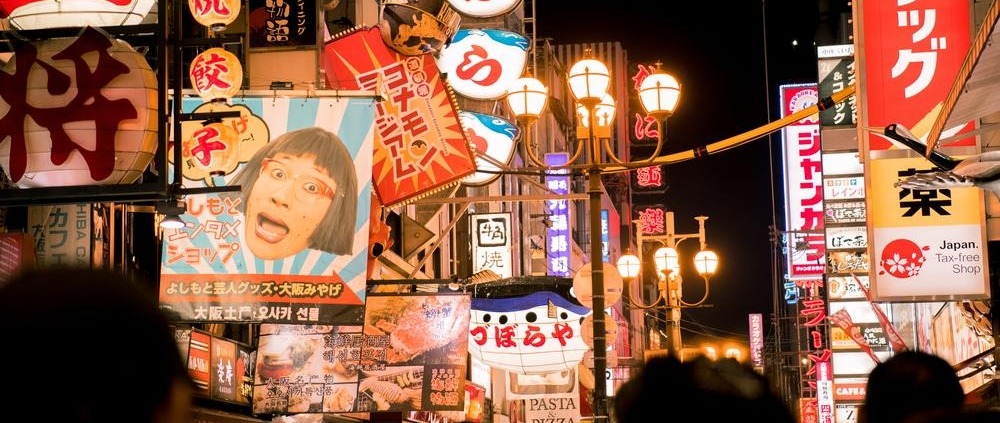The Latest Translation Goofs: The Japanese Metro
In the middle of March, the BBC reported that “Osaka’s metro network has shut down its foreign language sites after users noticed some odd translations.” Apparently, people began noticing strange names for the rail lines and stations as listed in the BBC article:
- The Sakaisuji line became the “Sakai muscle”
- Dobutsuen-mae station became “Before the Zoo”
- Daikokucho station turned into “Powerhouse Town”
- Taishibashi-Imaichi station became “Prince Bridge Now City”
- Tengachaya station was known as “World Teahouse”
- Third Carriage became the “Three eyes”
The metro uses a translation program for all of its language translations, including English, Korean, Chinese and Thai, but no errors were reported for other languages. All of this comes as Japan rushes to make itself a welcoming place “for foreign visitors, ahead of the rugby world cup this year and the 2020 Tokyo Olympics.” Hopefully, all of the translation kinks will be worked out by then.
Grande’s Grill
Errors between English and Japanese are fairly common, and this isn’t the first incident to cause a stir in 2019. Earlier this year, U.S. pop singer Ariana Grande got a tattoo on her palm to pay homage to her latest hit single “7 Rings.” After posting a picture of the tat on her Instagram account, “social media quickly chimed in to tell her the characters actually translated to shichirin: a small charcoal grill” (The Guardian).
Nothing In Life Is Free
Back in 2016, a heated argument broke out in a Japanese convenience store when a customer took a bottle of iced lemon tea from the shelf and began drinking it. The brand name of the drink was “Free Tea,” which the man assumed meant that he didn’t have to pay for it. Shopper Akiyama Kojiro witnessed the situation and shared it on his Twitter account. This resulted in “more than 34,000 retweets and [it] was liked by more than 18,500 users, with people sharing their own experiences of linguistic confusion” (BBC).
What Makes It So tricky?
Unlike Romance languages like Spanish and Italian, Japanese shares no common roots with English or French.
Unlike Romance languages like Spanish and Italian, Japanese shares no common roots with English or French. This makes things more difficult right from the start. An article in Japan Info states that “The problem is that Japanese is very contextual…when it comes to saying hello in Japanese most textbooks will tell you it’s ‘konnichiwa’, but that is actually ‘Good Afternoon.’ There is no ‘hello’ in Japanese.” Other issues include the different levels of formality, lack of English equivalents and a complex writing system where “the language and the writing system do not match.”
When You Need Translation Services
We employ a strong network of people who understand all aspects of the Japanese language. Our professional translators will bring you Japanese translation services with a human touch. From agro-food translation that can explain your “free tea” to medical translation that can cover a step-by-step tattoo removal process, you’ll find it here. Contact us today for the right words to convey your ideas the way they are meant to be.






















Leave a Reply
Want to join the discussion?Feel free to contribute!